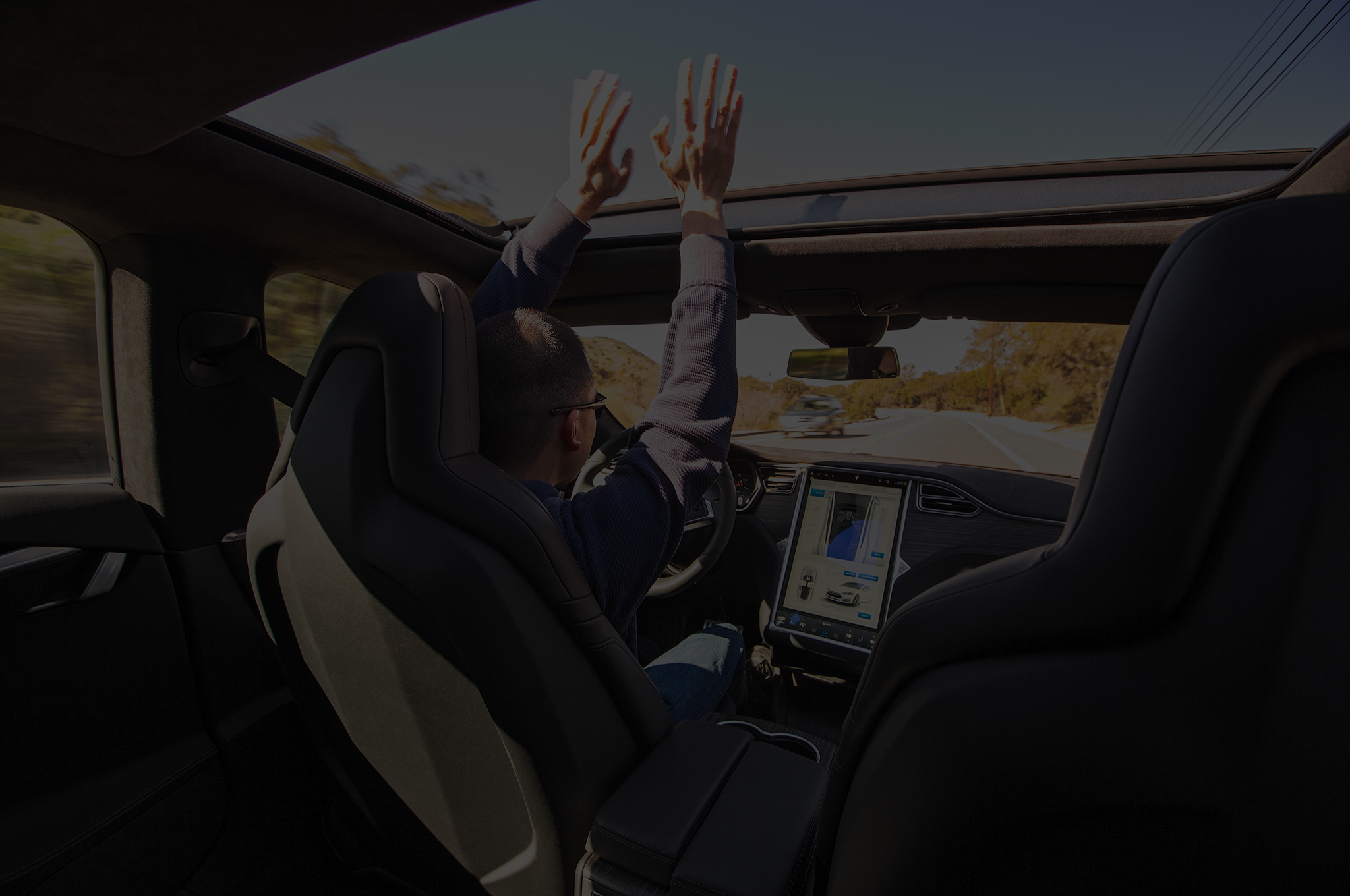PANEL INTRODUCTION
Today, autonomous cars can navigate in highways and city streets, handle traffic lights and road signs, and make intelligent decisions based on sensor data. The enormous impact on our societies and the huge markets potential have attracted research institutions, industry leaders and startups to put great efforts into this area. A series of In this panel, we will invite leading experts in the field to share their recent work and discuss some obstacles on the paths forward. How far away are we from having safety-guaranteed driverless vehicles? What does the future transportation system look like when autonomous vehicles come?
2017 HIGHLIGHT SPEAKERS
David Rotman (Moderator)
David Rotman is the editor of MIT Technology Review. He supervises editorial for both the print magazine and the website. Before joining MIT Technology Review, Rotman was managing senior editor at Chemical Week magazine in New York City.
Xiaodi Hou | 候晓迪
Dr. Xiaodi Hou serves as Chief Technology Officer and Co-founder for TuSimple, an Autonomous Driving company based in Beijing China and San Diego CA since 2015. TuSimple provides vision based commercially available solution for autonomous truck. Dr. Hou has 12 years of experience in computer vision, machine learning, and cognitive science. Dr. Hou obtained his Ph.D. degree from the Computation and Neural System Department of California Institute of Technology in 2014. His scientific publications have been cited for over 4000 times world-wide.
Bryan Reimer
Bryan Reimer, Ph.D., is a Research Scientist in the MIT AgeLab and the Associate Director of The New England University Transportation Center at MIT. His research seeks to develop theoretical and applied insight into driver behavior by fusing together traditional psychological methods with big data analytics in computer vision and predictive modeling. His work leverages laboratory experimentation, driving simulation, field testing, and naturalistic study to develop a comprehensive understanding of visual, physiological, and overall performance characteristics associated with how drivers respond to the increasing complexity of the modern operating environment.
Bryan's work aims to find solutions to the next generation of human factors challenges associated with driver attention management, distraction, automation and the use of advanced driver assistance systems. He is an author on over 200 technical contributions and received his Ph.D. in Industrial and Manufacturing Engineering from the University of Rhode Island.
Jinhua Zhao
Jinhua Zhao is the Edward and Joyce Linde Associate Professor of City and Transportation Planning at the Massachusetts Institute of Technology (MIT). Prof. Zhao brings behavioral science and transportation technology together to shape travel behavior, design mobility system and reform urban policies. He develops methods to sense, predict, nudge and regulate travel behavior, and designs multimodal mobility system that integrates autonomous vehicles, shared mobility and public transport. Prof. Zhao sees transportation as a language to describe a person, characterize a city, and understand an institution, and aims to establish the behavioral foundation for transportation policies.





